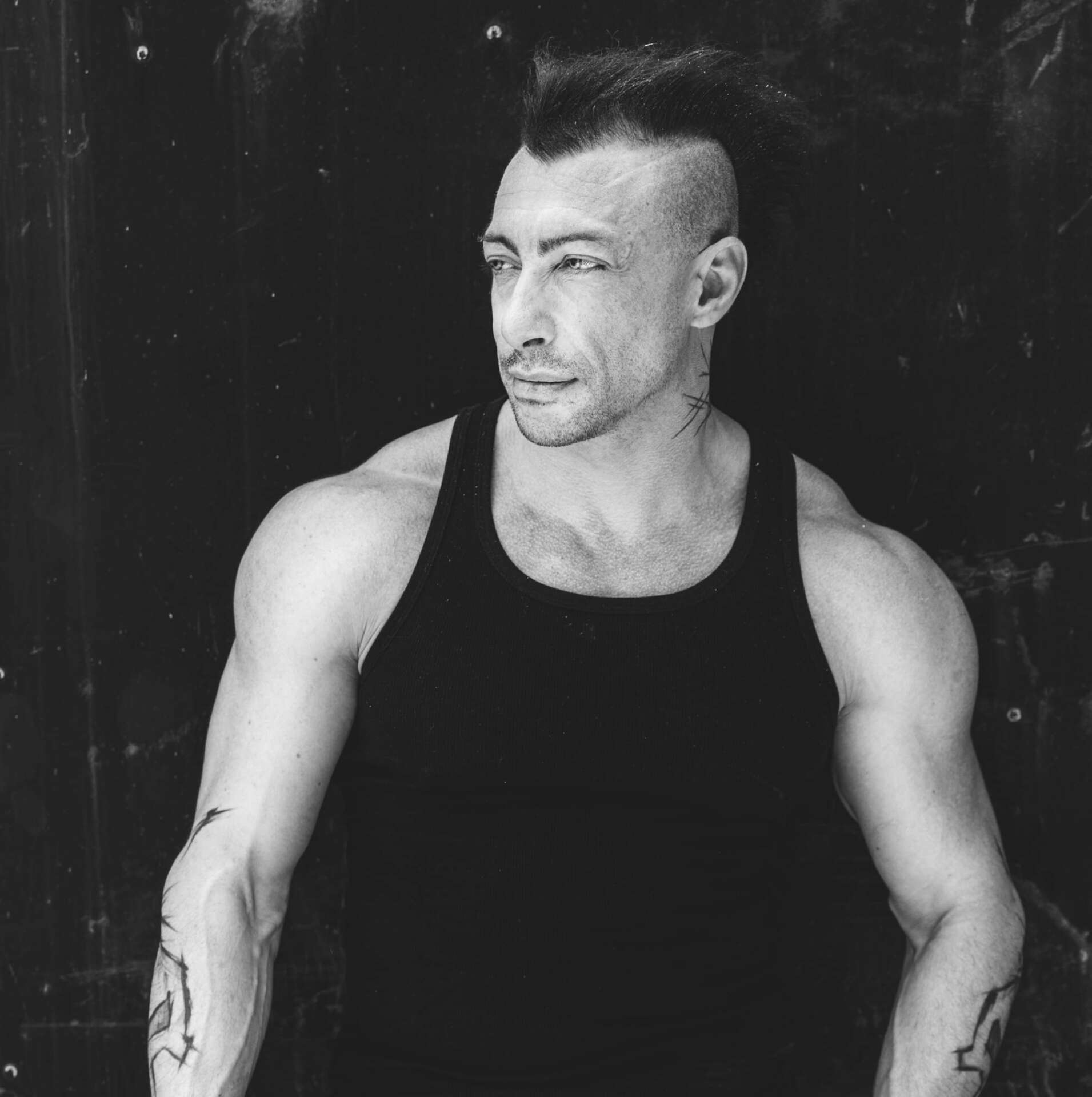We recently connected with David Gnozzi and have shared our conversation below.
David, looking forward to hearing all of your stories today. Before we get into specifics, let’s talk about success more generally. What do you think it takes to be successful?
Let me start by saying I’m not entirely sure I’m the right person to answer this question because I don’t really think I am what most people defines as “successful”. So I think I’ll start by saying what being successful is for me. Professionally speaking, waking up in the morning and being excited about the work you are about to do is success for me. Most people spend most, if not all their lives doing things they don’t like to buy things they don’t need, or simply to survive.
They are stuck in jobs they hate and I think that’s why you see so many people doing crazy things today (online) to try to break free from that vicious circle.
I think there’s two types of people: some want to succeed so they can be seen, they can be famous, they can have fans. And even if they’re not in the public eye, they still want to be seen and praised by their peers, have the best car, the best house the coolest clothes. Some other people want to succeed so they can disappear.
Success is very often directly linked to how much money we make. But the 1st type of people want the world to see how great they are, and there’s nothing wrong with it, and some other understand that the best thing about money is that you don’t have to worry about money. They want to be successful so they can be free. They can break free from the dreaded job, or from pretending to be someone they are not.
I definitely belong to the second category, yet, I’m not “stuck”, I always try to be better and be in a better position in life but I feel blessed because I wake up every day and I absolutely love my job.
Mixing or producing records, working with great musicians and creating or help create something I’m proud of IS success for me. My Youtube channel, MixbusTv, is also really out of passion.
I want to leave a legacy and while the records I am, have and will be involved will be there forever, I also want something more and with over 140K subscribers, I know my teachings have changed a few lives for the better and that’s also success for me. Helping others.
Leaving the professional field for a second, success in life for me is to be proud, or at least happy, with who you are. Not with who you are on Instagram and what people think and perfeceive you are, but with the person you see in the mirror every day. Being proud of the person you are when no one is watching. Being loyal, reliable, have a good heart, being kind yet be ready and able to protect the ones you love.
As far as what it takes to be successful, well, hard to tell, everyone has their own story and experience I guess. Some people become successful in their business by being absolutely ruthless, dishonest, brutally stoping on everyone and everything in their path, bringing down others if they can advance or gain something. And unfortunately, this society rewards that. It works. We’ve seen that more times than we can count. The music business is a great, shiny example of this.
And unfortunately, you have to have some of that in you, I feel, to succeed. Because if you’re not like that to some extent, you are going to be the one who gets stomped on. Yet, I can’t really bring myself to do those things and I still belive you can be successful by preparing and studying (whatever is your field), trying to constantly improve, challenge yourself, do your very best consistently, being smart and surrounding you with people who think alike and work together, but you also have to be able to stand your ground.
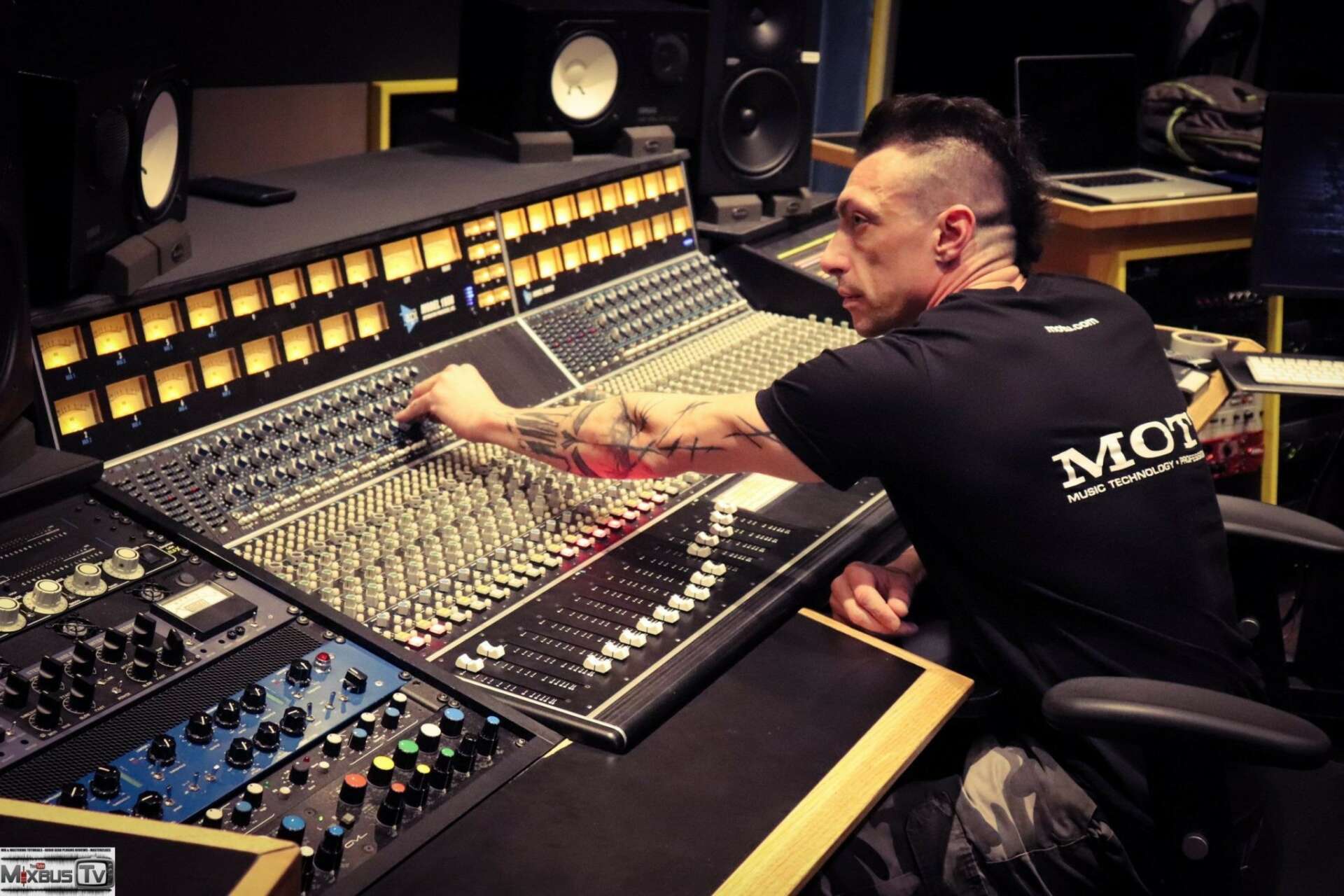

David, before we move on to more of these sorts of questions, can you take some time to bring our readers up to speed on you and what you do?
I got into the music industry as a professional musician and frontman, I was signed with my band to a major label for my first album and to a big independent for the second. But fortunately or unfortunately, the life of the musician wasn’t really for me. Besides the various problems with the 1st label and deep unsatisfaction with their behavior and work, I soon realized touring and being on the road wasn’t really what I wanted. I enoyed some things like playing live and being in the studio and writing, recording music but that was about it. And exactly this last part turned out to be the one thing that kept me in the music industry and eventually became my full time career. I’m a mix engineer and music producer in the original meaninig of the definition. Today the word music producer is thrown out there to describe a very very different sets of skills and tasks. A producer is very different than a beat maker which is what this definition extended to. Not to say that one is better or superior to the other but is light years different.
A producer brings raw ideas to life and turns them into a finished product that can be presented to the audience in a very competitive market.
This includes a number of things that more often than not, are not known or really understood by the public and sadly by many musicians too because people nowadays work in isolation and there’s so much bad information and the false expectation that you can do everything yourself. Which you can, but just because you can doesn’t mean that you should nor that is the best way to do things.
Among the many things I do, a producer job starts with deciding which raw ideas are worth developing. Just to give you a simple example, an artist comes with 20 ideas or demos, maybe only 4 of those have the potential to become good songs. Maybe 10, maybe all of them or none, but it’s the producer’s job and responsability to make that call – given the premise you’re hired to be their producer.
Sometimes you write new material from scratch with or without the artists, sometimes you use some of their ideas and turn them inside out and make something new out of them, sometimes the material is almost ready to go. So, it depends.
Then you pick other musicians and artists to join the production, maybe you need a guitarists, or background vocals or something else, you are in charge to find and pick who you think is the best for that specific thing.
Many times we play instruments ourselves, some times we pick others to join because of their particular taste or skills.
This is to say, you have to take you ego out of the equation and understand there are some people out there that are extremely specialized at what they do and it would take you 5 years to get to the same result they can give you in 2 hours.
Time management and efficiency is another aspect a producer has to keep in mind.
Then arrangement comes and I do do that myself usually, but again, I could decide to bring someone in and help out.
After that in my case, you’re responsible for the recordings, supervising all of them and deciding when that line was sang in the best possible way, that piano part in the best possible way. You are responsible for getting the best out of the musicians you work with and have them work in synergy.
After that there’s the mixing, I’m a mix engineer so that is another one of the services I provide, as well as mastering.
The other side of my business is my Youtube channel, MixbusTv. Right now at over 140K subscribers, I started the channel without any expectations, I was making videos for my (real life) students just because it was easier than wrinting long emails and after a while I started posting videos on the platform out of frustration because I saw how much bad information there was about mixing and mastering. The channel became pretty popular and from there audio companies started working with me, asking me to showcase their software or hardware and show people how to use them and so on.
Right now I work with all the major companies in the pro audio world, many of them work with me esclusively (on Youtube) andI think the reason is because I am a mix engineer who happen to have a Youtube channel, not the other way around.
I do provide also personal tutoring and membership courses for those who are serious about taking on this profession.
About what sets me apart from others.. Maybe I should ask my clients but at least from what I hear from them, I think my style of mixing is definitely one of the things that sets me apart. I’m known for a couple of things in the business, one is definitely how I mix and match genres and styles (in my productions too) and while you will find this to some extent in others, it’s usually one genres with a hint or some light influences of another similar or not too distant genre. When I mix genres you will find that whether is two or more, they are all represented equally and all of them executed at the highest level.
If I mix or produce a song that is a mix between hip hop and industrial metal, lovers of both genres will be satisfied and feel the industry standard is reached if not surpassed.
Because of my versatility as a mix engineer, I have clients in all kinds of genres, from death metal to Haitian EDM (literally!) and everything in between so my toolbox is bigger than most. That translate in mixes and productions that fit multiple genres and they are fresh and new and modern, something people is always attracted to.
On a more personal level, I think who follows me knows this already, what separates me from the rest is my work ethic and my relentlessness: I don’t stop until the goal is achieve and I go above and beyond for my clients, to make sure they are happy and satisfied because I have been in their seat before, I know how important for them is their music.
I also been an executive producer so I also know what it means when there’s a label investing money.
I think wearing multiple hats at different times in my life made me aware of all aspects of the music production and business.
Because in the end, is called music business, that’s half of the equation.
And finally I also offer artist development and full promotion plans but I don’t really advertise that because I only do it for a few selected artists despite the many requests. It is VERY time consuming.
As for what I’m most proud of, I would say my work with Bella Kelly, which is the artists I developed “from scratch” so to speak, given the fact that she was (and is) already and incredibly talented, charismatic, sweet and star-like artist when I first met her.
But I’m very proud of all my work with the incredible artists I’m blessed to work on a daily basis.
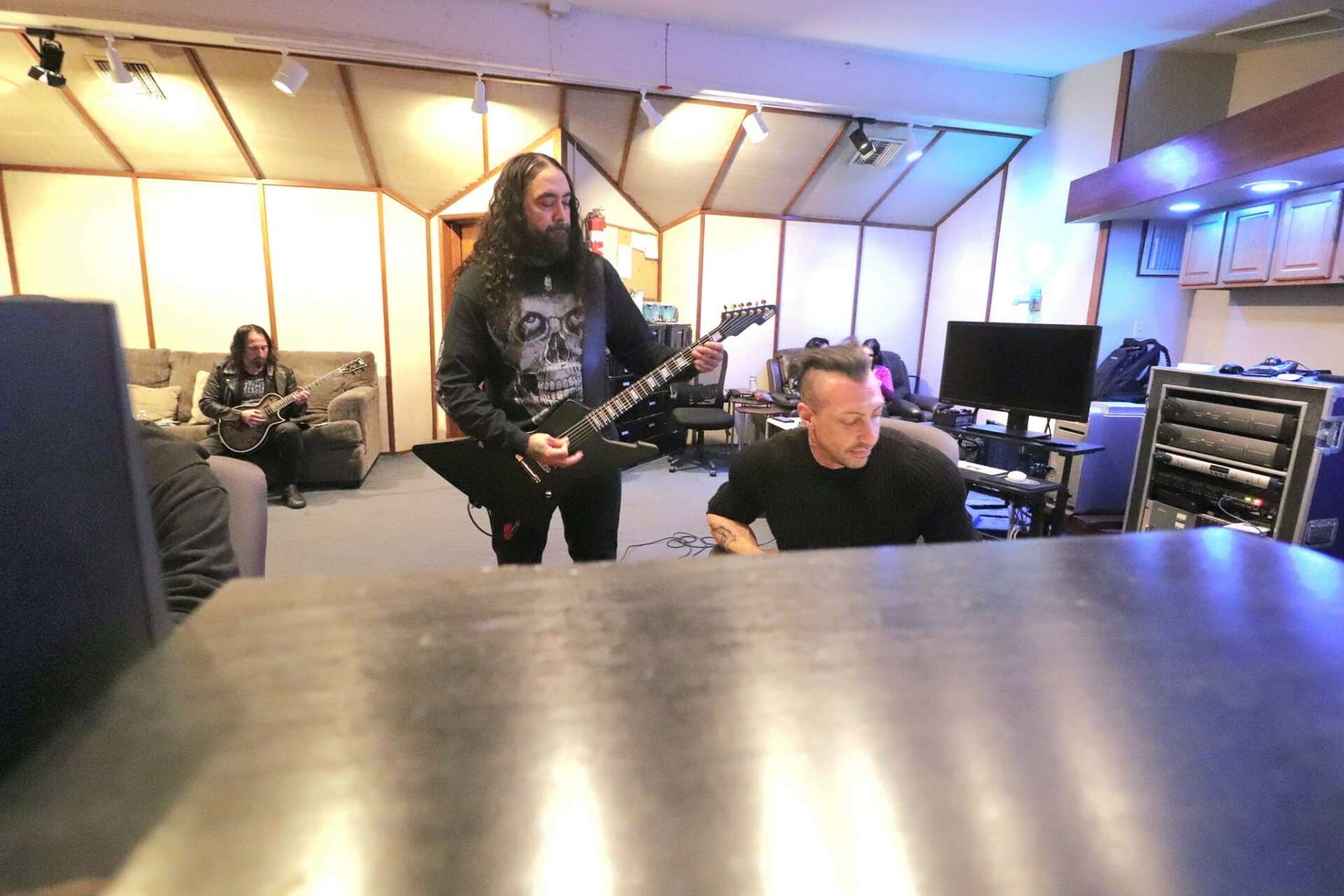
We’d love to hear the story of how you built up your social media audience?
Allow me to start by saying social media are a great tool for any business, at the same time, social media are also pretty dangerous and – we all know this – very deceiving. There’s no doubt that social media are a great tool. We can reach millions of people even from the most remote corner of the world, and with that, we can show our skills, making connections, finding like minded people to connect with and collaborate and much much more. But, at the same time, many people mis and abuse social media to deceive and con.
That’s a fact. And I’m not talking about the Instagram life we all potray to the rest of the world, nobody put on display their worst moments and failures (altho’ that became also a practice apparently because it seems like it doesn’t matter WHY you get attention as long as you get some attention)
I’m talking about people who purposely depict their business and their skills as something they’re not and that becomes detrimental for everyone because people loses faith, when they get con’d or disappointed, in how effective a given service or product is or can be.
I’ll give you a good example: when Pepsi came out with the clear Pepsi it was originally very popular, well Coca Cola then made their versdion of clear Cola and they purposely made it taste horrible, knowing the two will be placed side to side in the shops, so people assumed both were horrible.
This was on purpose but today this happens with social media: some random guy in the middle of nowhere opens up a website offering music production or mixing services, he’s great a making websites and use the right words and it will probably attract some people (usually because the cheap price) which will undoubtly be unhappy with the results.
This damages the profession as a whole, any profession. Take home message, you get what you pay in this (and most) business and you should do your research that should go beyond what social media show. Numbers on social media re a lie.
But I digress. In my case social media, and my main platform is Youtube, the hardest of all to build an audience in, was never a plan. I originally wanted to put out videos I was already making for my students and because of how much bad information there was, I decided to try to correct some by making my videos public.
From there I soon realized my teachings were helping a lot of people, my channel grew completely 100% organically and because of that, pretty slow compared to others who are more versed in social media strategies.
I never had a strategy so you shouldn’t probably not take my advise but I feel consistency is key and you need to balance being true to yourself but at the same time, the truth is, you have to play “the game’. For example, Youtube, my main platform, you HAVE to use stupid titles and thumbnails because otherwise nobody is gonna click on your video.
Yes it would be great if the best, the one with the greatest content and information would win, but the reality is that that’s not the case by any stretch of imagination.
The reality is if you’re good a catchy titles and good thumbnails you WILL get more views, over and over and over. If your content is subpar it doesn’t affect you as much as if you are not skilled with clickbait titles and thumbnails, that’s just how it is.
Good content will give you numbers overtime but MUCH slower and overall much less than if you have average content or – as many do – ripped off content but you’re great at packaging it.
That’s unfortunate but so very true. So, try to be good at both if you can, but.. the superficial skills count more than those skills you take years and years to build.
Many people do ads for their pages, I suck at ads, especially for myself, but it’s a great strategy if you know how to do them and most if not all social media people do that.

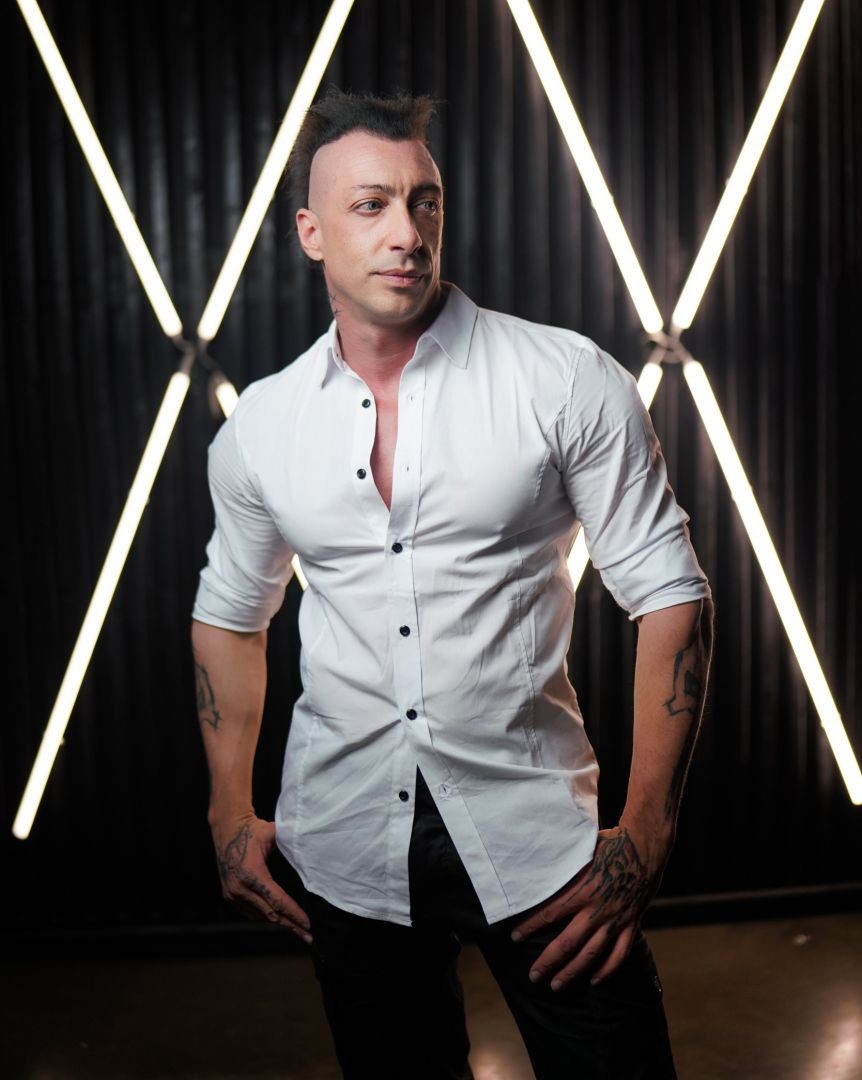
Any stories or insights that might help us understand how you’ve built such a strong reputation?
As a mix engineer and producer I think what built my reputation is simply my body of work. This business is not completely meritocratic unfortunately, but I wanna say a little more than other fields because the music you produce or mix is out there, if you have a portfolio that will speak for itself and “all” you have to do is to get people to listen to it, if they like what they hear, they will hire you instead of the next guy, given they have the budget for it, but in this field, as I mentioned before, you get what you pay. There’s always someone who can do it for cheaper, you also get a cheaper sounding product. My Youtube also benefit form this because the two “careers” are directly linked as I teach mix and mastering on my channel.
Many Youtubers in my field are primarily, if not esclusively, youtubers. Youtubers who dabble in audio engineering, producing or mixing is not their profession, youtube is. For me is the opposite, youtube happened to me.
And so I think my credibility and reputaiton as a teaher, comes from that, my body of work as a producer and engineer.
People know and see that I apply what I teach in my everyday job and the proof that it works is out there.
Many others talk abstract or show what they do for THEIR own music and their own music alone because that’s all they do.
That’s a profoundly different situation than having to deal with clients, with professional musicians, with labels who have an investment in the products you handle. Much different.
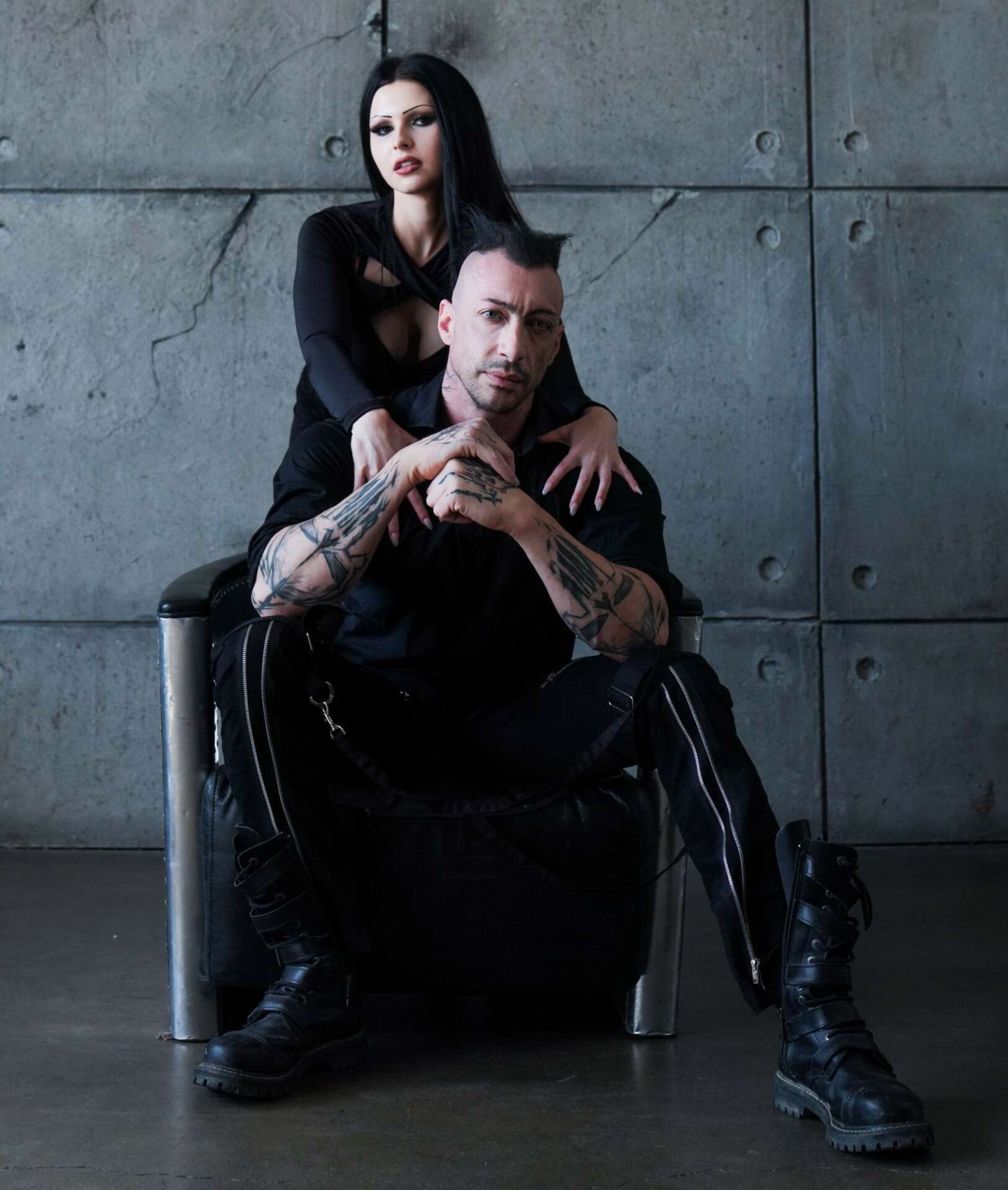
Contact Info:
- Website: www.mixbustv.com
- Instagram: https://www.instagram.com/mixbustv/?hl=en
- Facebook: https://twitter.com/MixbusTv
- Linkedin: https://www.linkedin.com/in/davidgnozzi/
- Twitter: https://twitter.com/MixbusTv
- Youtube: https://www.youtube.com/user/mixbustv
- Other: https://www.youtube.com/user/bellakellyofficial
Image Credits
Paul Archuleta/Getty JC Olivera/Ghetty Jpeg01 Anabel Dflux


